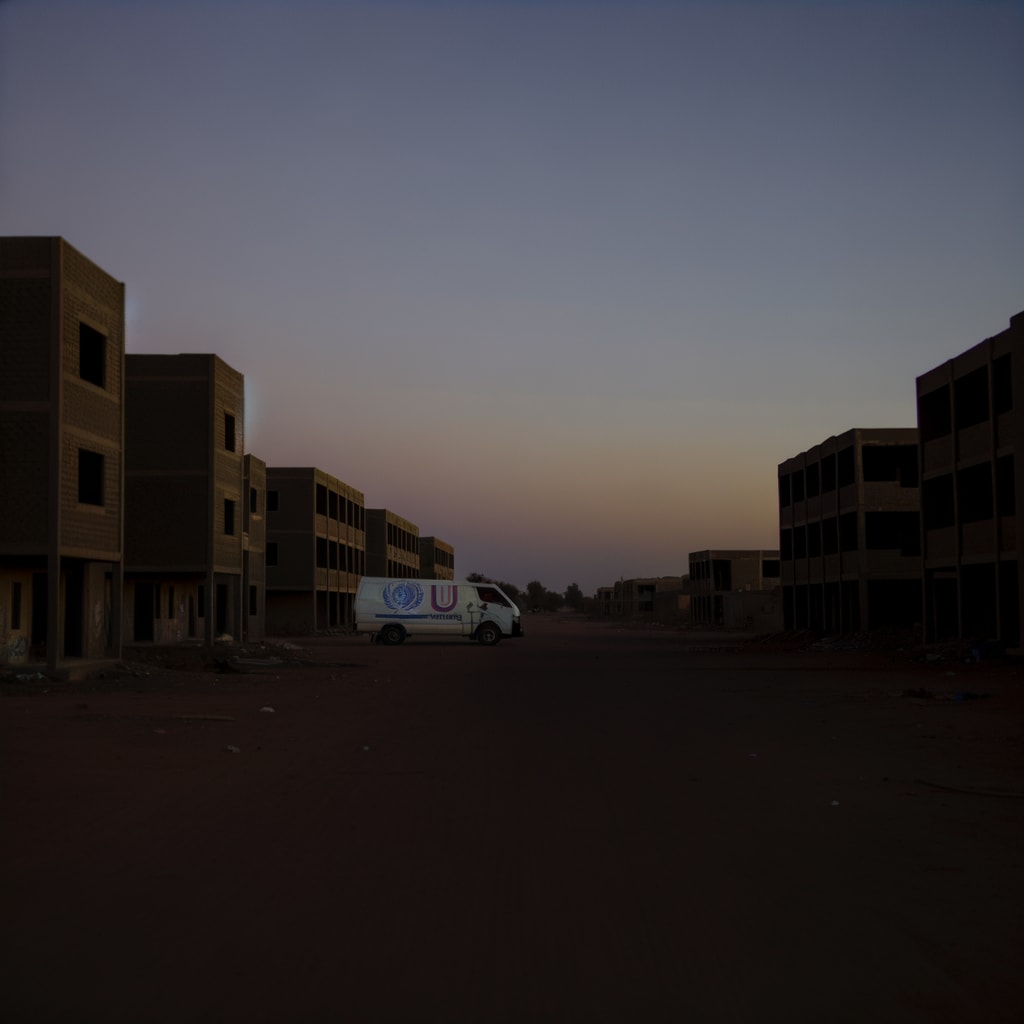Crisis Deepens in Sudan's El Fasher: Mass Displacement, Communication Blackout, and Atrocities
In the face of escalating violence, nearly 89,000 civilians have been forced to flee El Fasher, the capital city of North Darfur, Sudan, warns the UN aid coordination office (OCHA). The crisis is aggravated by a communication blackout that has left the city's defence forces isolated and confused, leading to a total collapse of the defence system. As the violence spreads beyond El Fasher, the city's capture by the paramilitary Rapid Support Forces (RSF) reveals a deepening humanitarian crisis.
Background: A City Under Siege
El Fasher, once a symbol of fragile endurance and safety, has fallen to the RSF, marking not only a military defeat but also a profound human tragedy. The RSF's violent takeover has led to widespread and systematic atrocities against civilians, including mass killings, summary executions, and sexual violence.
In an attempt to conceal evidence of these atrocities, survivors fleeing El Fasher for Al Dabbah have reported to Al Jazeera that RSF forces are allegedly burning and burying bodies. Satellite images also seem to corroborate these reports, showing what appear to be mass burials taking place in the city.
Dire Humanitarian Crisis
Civilians escaping the violence face extreme conditions as they make their way to nearby towns. Médecins Sans Frontières (MSF) teams in the town of Tawila are providing urgent care to those who have managed to escape, witnessing extreme levels of acute malnutrition. Women and girls, in particular, are facing the brunt of the crisis, enduring not only hunger but also sexual violence. The UN's gender equality agency has warned that rape is likely being used as a weapon of war.
Moreover, the RSF fighters are reportedly abducting thousands of people for ransom as they flee the city of El Fasher, further compounding the alarming situation.
International Response
As the crisis in El Fasher continues to deepen, the international community is raising alarm. The African Union Commission and the Office of the Special Envoy on Women, Peace and Security (OSE-WPS) have expressed profound horror and deepest condemnation of the atrocities.
However, international aid operations in Sudan are on the brink of collapse due to insecurity, depleted supplies, and dismal international aid donations. Aid agencies, including the UN, have called for more funding and access to provide urgent humanitarian assistance.
Looking Ahead
Despite the growing international outrage, the two-year war in Sudan grinds on. The RSF has accepted a three-month humanitarian truce proposed by the Quartet, which includes the United States, the United Arab Emirates, Saudi Arabia, and Egypt. Yet, the situation in El Fasher remains bleak, with civilians trapped under the RSF and the city's future hanging in the balance.

